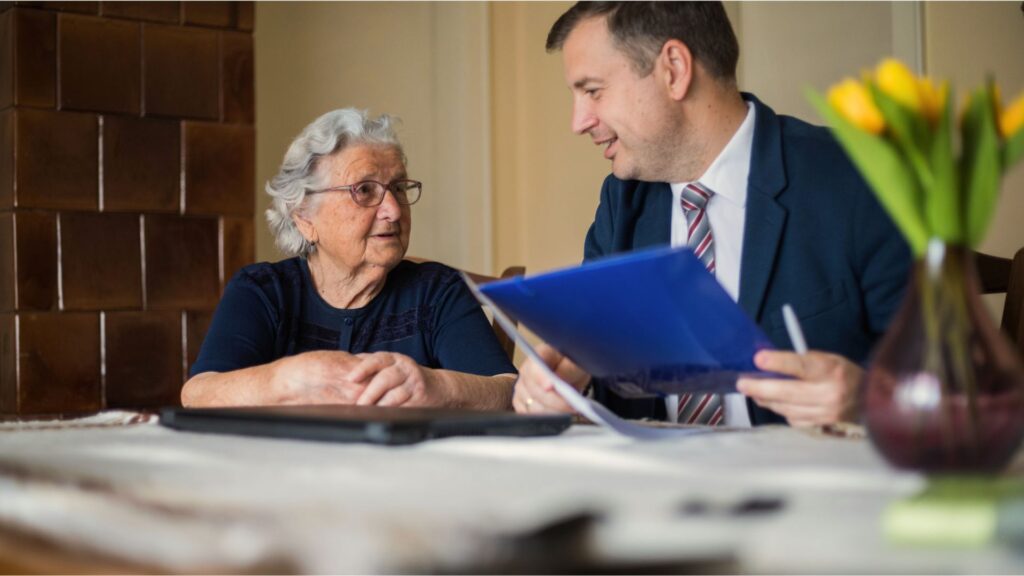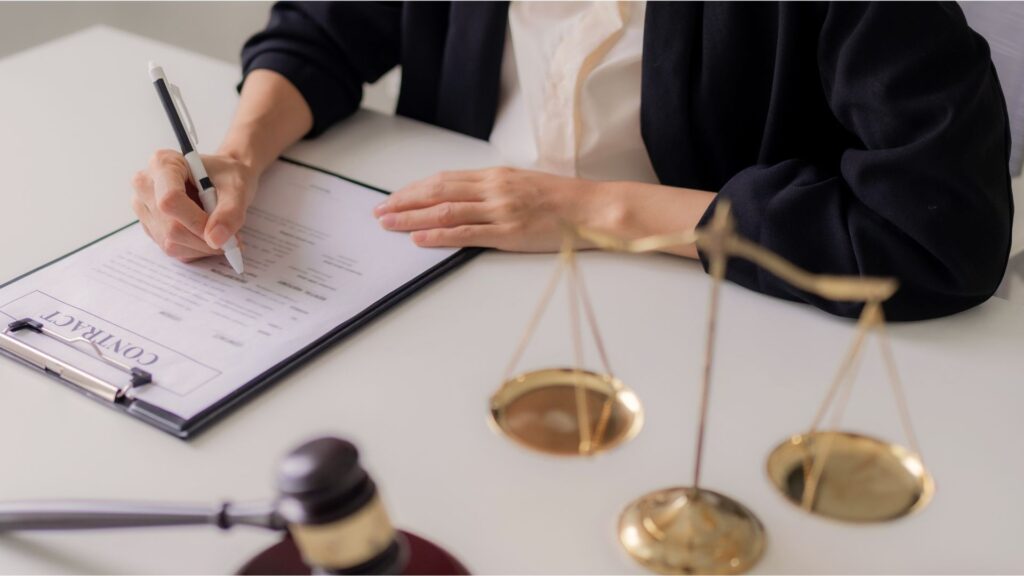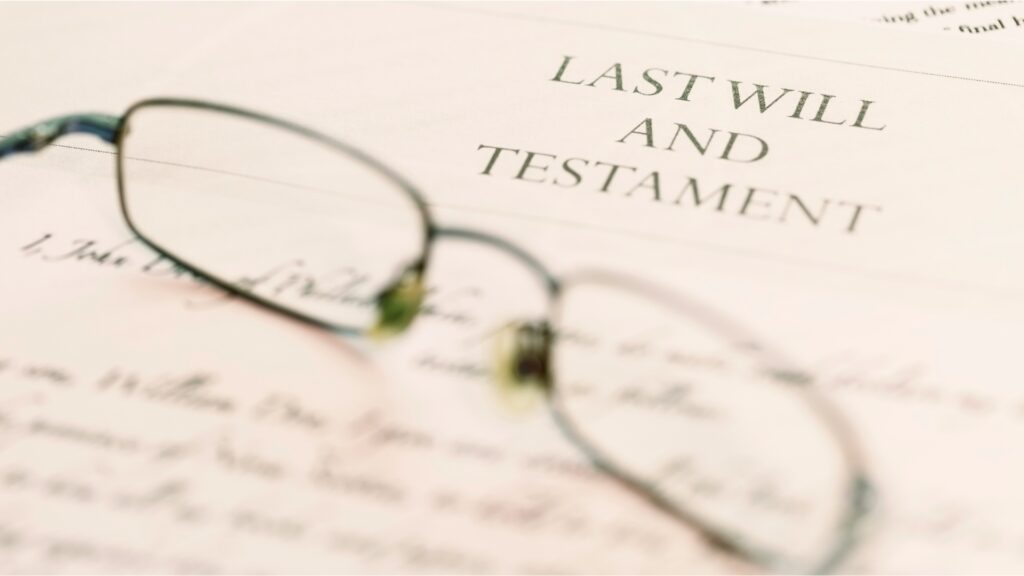
Power of Attorney
Who Should You Trust with Your Power of Attorney?
Krause Estate Planning & Elder Law Center
October 23, 2025
Resources
Browse By Category

Power of Attorney
Krause Estate Planning & Elder Law Center
October 23, 2025

General
Krause Estate Planning & Elder Law Center
October 23, 2025

Uncategorized
Krause Estate Planning & Elder Law Center
October 22, 2025

General
Krause Estate Planning & Elder Law Center
October 22, 2025

Trusts
Krause Estate Planning & Elder Law Center
October 21, 2025

General
Krause Estate Planning & Elder Law Center
October 21, 2025

Probate
Krause Estate Planning & Elder Law Center
October 20, 2025

General
Krause Estate Planning & Elder Law Center
October 20, 2025

Special Needs
Krause Estate Planning & Elder Law Center
October 17, 2025
Let’s Discuss Your Plan Today
Whether you have questions or you’re ready to get started, our legal team is ready to help. Complete our form or call us at 608-268-5751.